History of VPS
Clinicians and leaders in pediatric critical care from the NACHRI PICU Focus group pursue the formation of a multi-center improvement collaborative. Children’s Hospital Los Angeles and the L.K. Whittier-Foundation collaborate with the NACHRI PICU Focus group in the design and creation of a PICU database.
16 PICUs begin collecting data and contributing to the PICU database. The National Outcomes Center (Children’s Hospital and Health System, Milwaukee) begins providing expertise in quality control, data analysis and reporting.
A new corporate entity, Virtual PICU Systems, LLC, is formally created to facilitate communication and sharing between participants. Validated Severity of Illness Scores PIM2 and STS-EACTS are incorporated into the VPS application. VPS more than doubles the number of participants to 38 PICUs.
VPS moves to a web-based application with over 70 participating PICUs and 350,000 harvested cases. Cardiac collection tools and a quality module are added to the database.
VPS reorganizes operationally to align key resources and expertise to effectively manage demand, stimulate growth and support the expanding VPS Community with new products, services and leading-edge innovation. VPS has over 100 participating PICUs submitting data with over 500,000 harvested cases available for comparative analysis.
VPS launches a Neuro Critical Care module in cooperation with PALISI. To date, over 100 research papers have been published utilizing VPS data. VPS surpasses 130 participating PICUs and over 1,000,000 harvested cases.
VPS adds a Nutrition Module, an AHRQ-CMS Pediatric Quality Measure. A Heatmap is developed and included in reports to visually compare multiple metrics between PICUS in one snapshot. Users are now able to download reports ad-hoc. The comparative database consists of data from over 200 PICUs and includes over 1,500,000 harvested cases.
In 1997, the Laura P. and Leland K. Whittier Virtual Pediatric Intensive Care Unit (VPICU) was founded by a generous grant to Children’s Hospital Los Angeles from the Whittier Foundation, under the direction of Dr. Randall Wetzel. VPICU focuses on bringing information technologies to serve pediatric critical care medicine by supporting patient care, quality improvement, distance learning and research. At the same time the PICU Focus Groups, sponsored by the National Association of Children’s Hospitals and Related Institutions (NACHRI), needed a software tool to facilitate multi-site quality improvement and research. Both organizations realized that a poor understanding of pediatric critical care practice, coupled with the lack of even simple descriptive statistics, meant that we did not know how critical care was practiced for children. At that time, PICUs were neither connected to the internet nor effectively comparing or sharing data. Facilitated by Dr. Thomas Rice, and with the leadership of Mary Gorman of NACHRI, VPICU and NACHRI collaborated in a development process that included 15 pediatric intensivists. The result was a demographic, diagnostic and severity of illness adjusted software tool that collected information from member units, on all patients, with actual outcomes collected. For the first time, it was possible to start understanding how critical care was practiced across the United States.
The original intensivists continued to suggest improvements, reports, research projects, and comprehensive development, along with new VPS users, for improving the data collection and reporting. By this time, in recognition of the importance of quality data for quality improvement, The National Outcomes Center (NOC) at Children’s Hospital and Health Systems, Milwaukee, under the direction of Dr. Ramesh Sachdeva, had become a third party providing value for VPS members. The data quality and comparative reports improved tremendously. In addition, the scientific rigor applied to data acquisition, data validity and data quality set a high standard, yet to be met by others, in pediatrics. With inter-rater reliability results of greater than 95%, the data collected for nearly 20 years from over 1.75 million cases is of such high quality that it allows for reliable and reproducible generation of meaningful, actionable information for intensivists, hospital executives and for the service of critically ill children.
A New Corporate Entity
In 2005, the close working relationship among the three entities (VPICU, NACHRI, NOC) was formalized and culminated in the formation of a new corporate entity, Virtual PICU Systems. Today, the ownership is between the not-for-profit owners of Children’s Hospital Los Angeles (CHLA) and Children’s Hospital Association (CHA). A research committee, a panel of advisors and user groups have been established to assure the ongoing growth of VPS. VPS has a unique system widely recognized as a leader in pediatric quality improvements.

